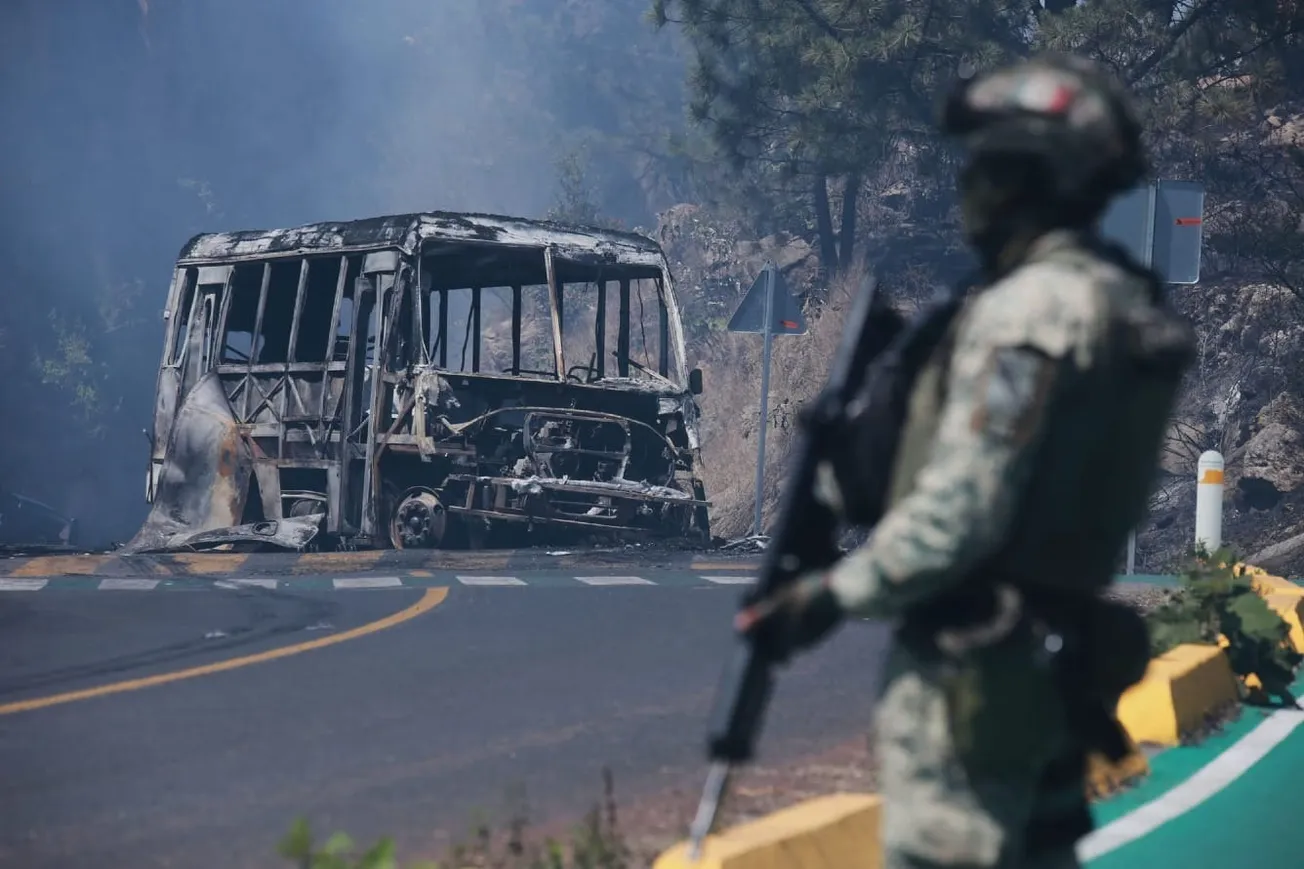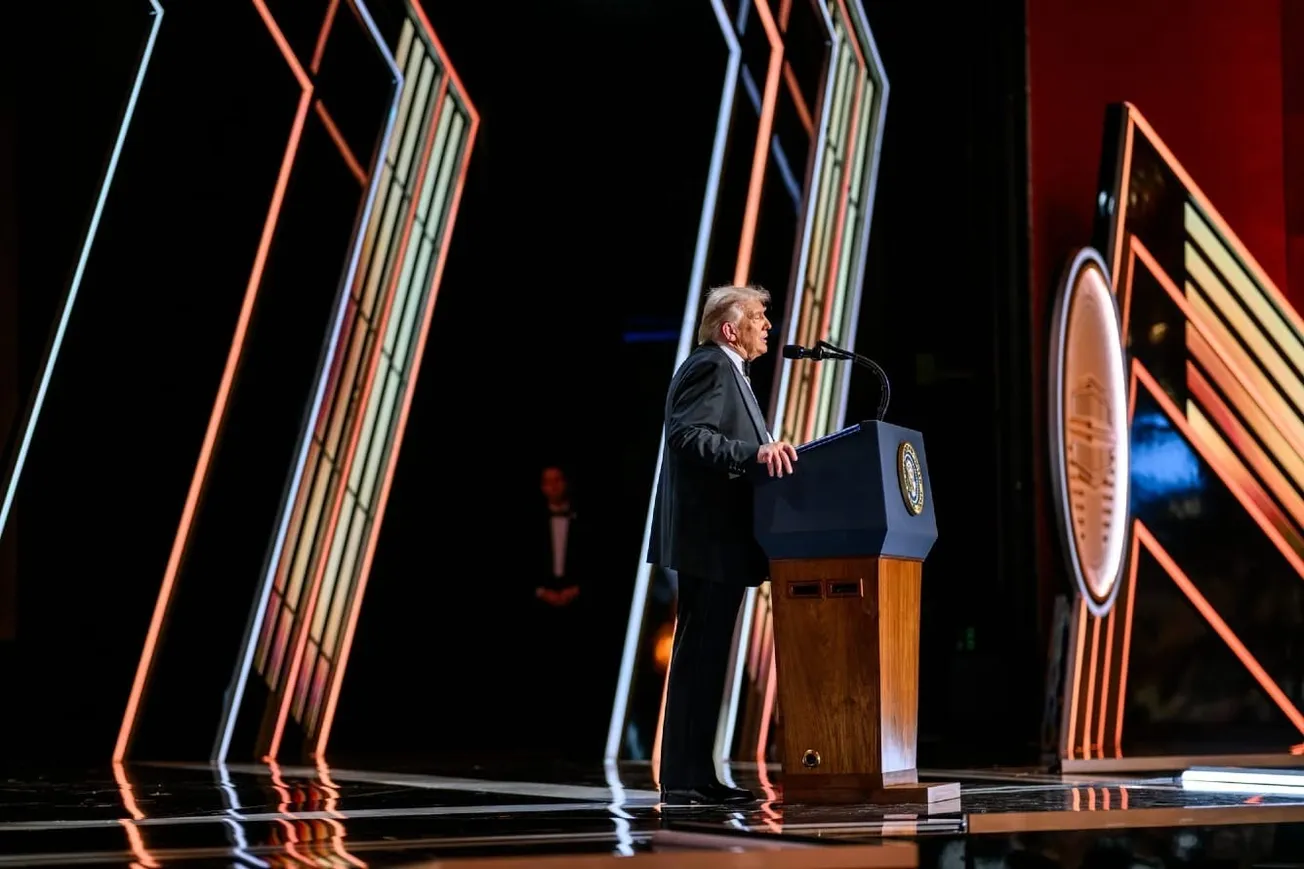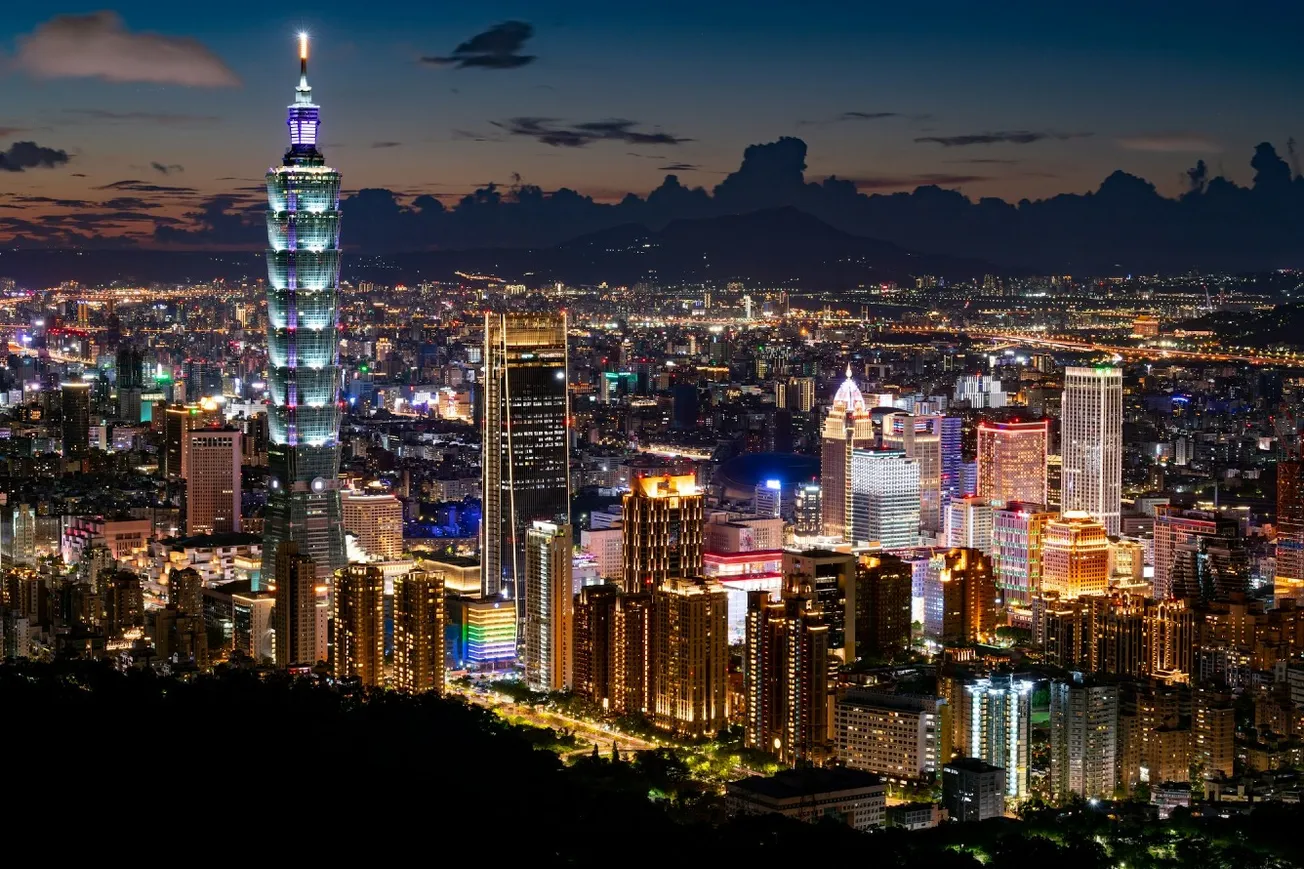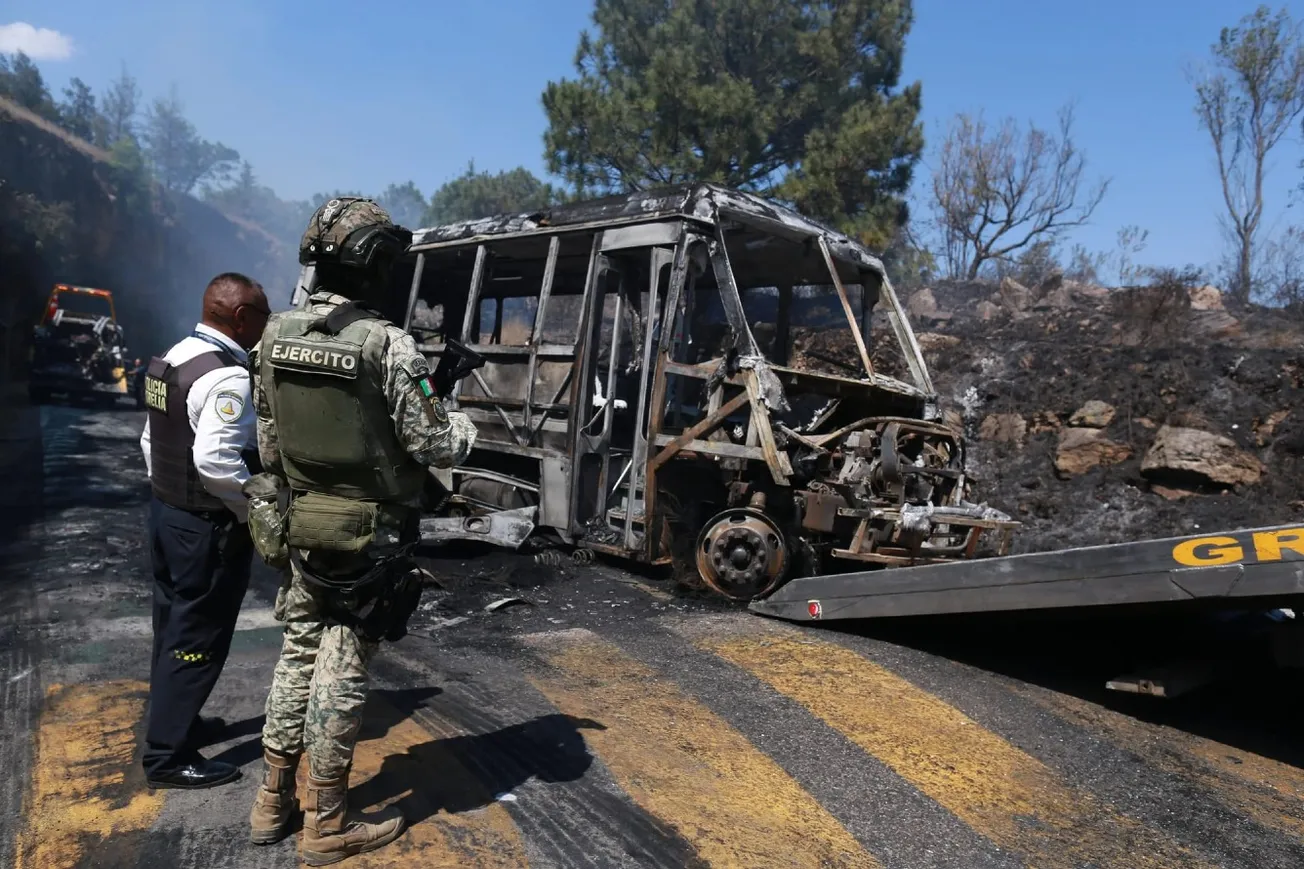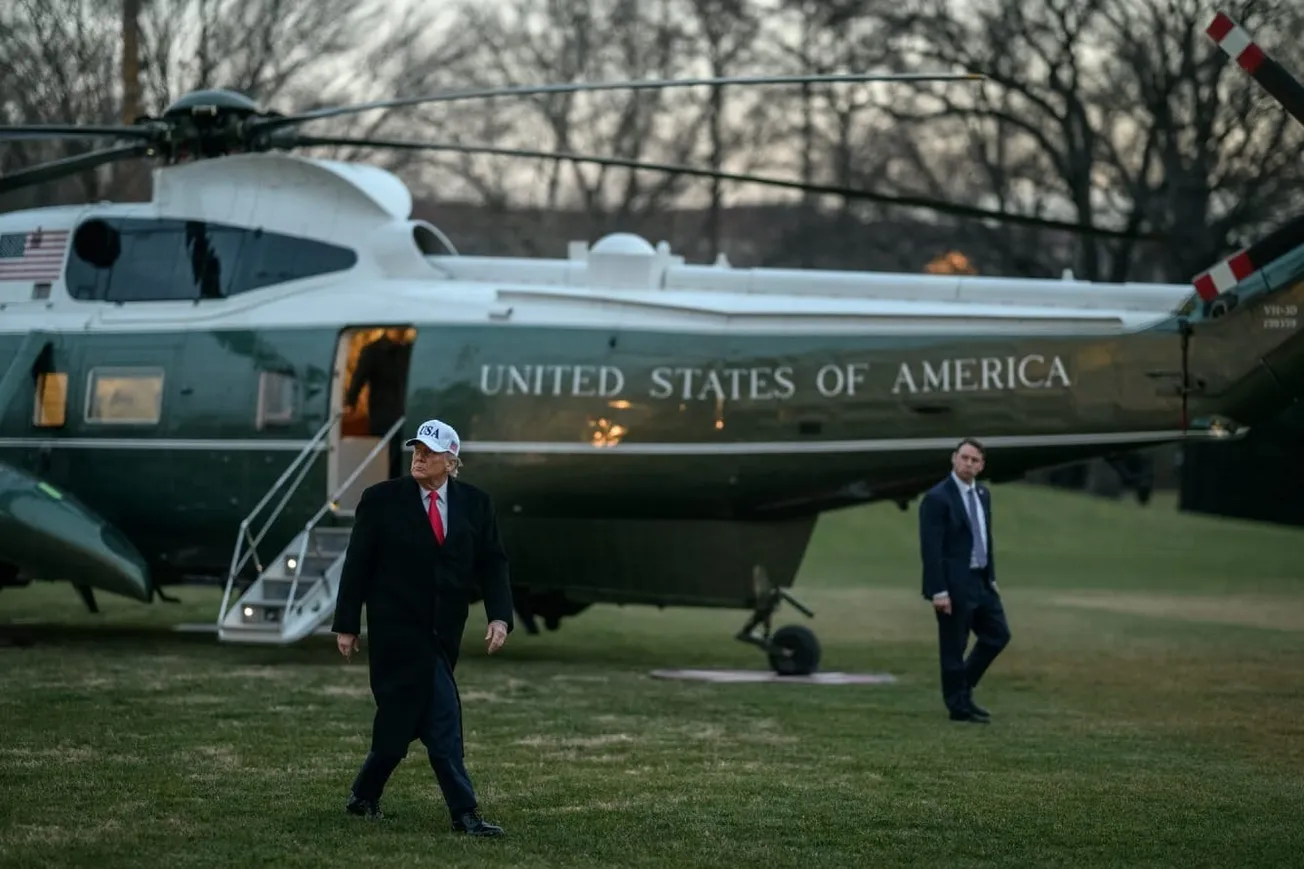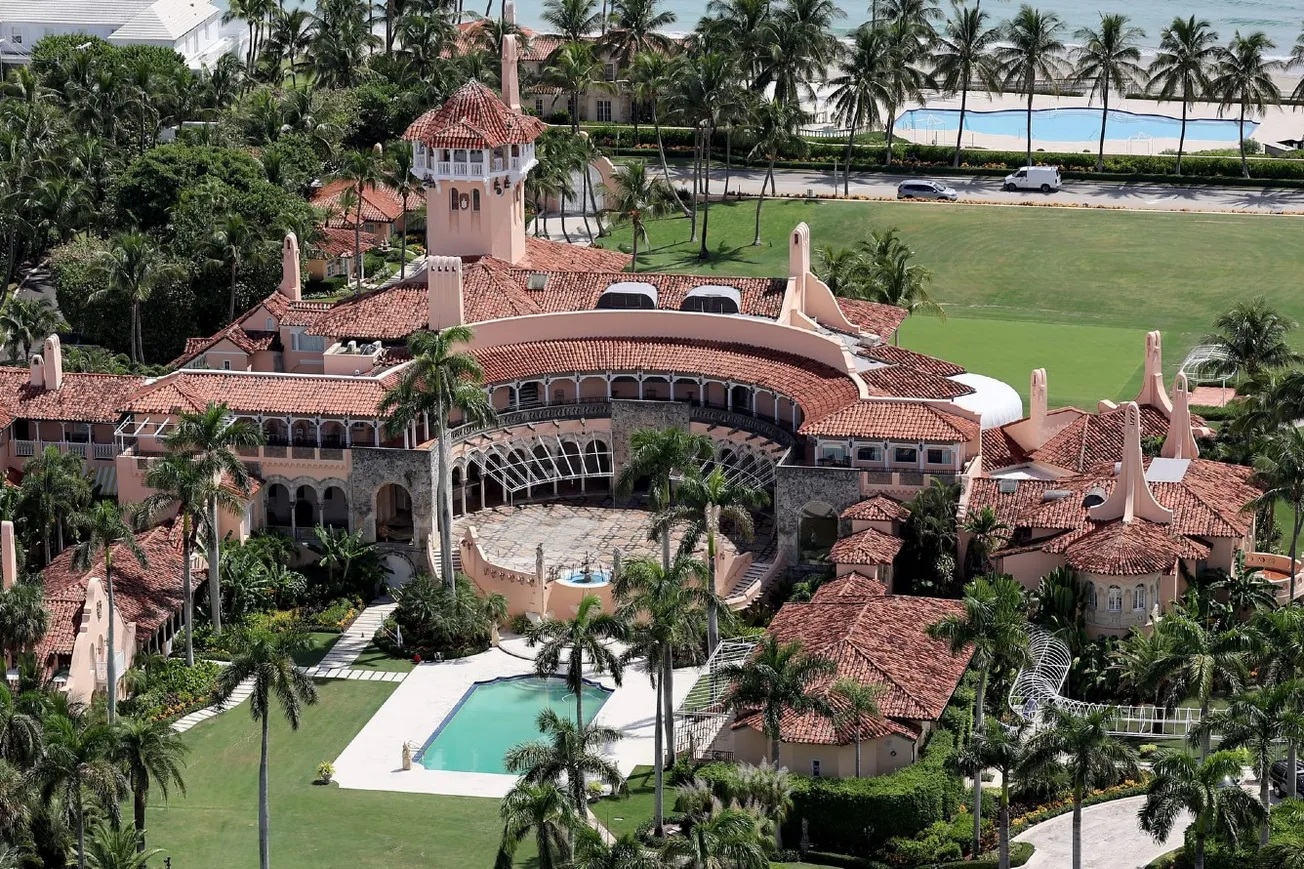By Katharine H.S. Moon, Project Syndicate | Apr 7, 2025
President Yoon Suk-yeol’s failed attempt to declare martial law and the subsequent impeachment battle underscored the fragility of South Korea’s young democracy. Despite the country's economic and cultural achievements, deepening polarization and structural vulnerabilities could pave the way for an authoritarian resurgence.


